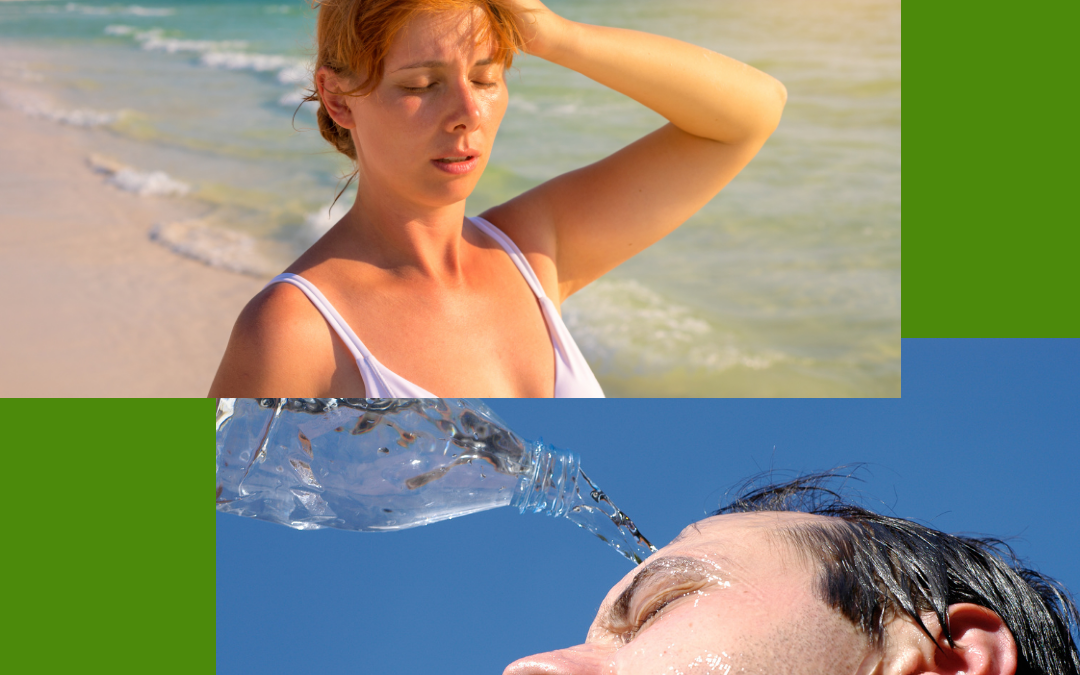
by admin | Apr 18, 2022 | health |
This newsletter is about my current experience with Covid-19, and the lessons I learned that can possibly help you to prevent it and lessen your symptoms if you have it. ———————————– Wow! The rapid test was negative, but I still wasn’t feeling well. A half hour later, encouraged by a non-medical close friend with Covid whose rapid test was negative, and PCR was positive, I went to a booth on the street for the PCR test, which would take 24 hours, and one at a doctor’s office with a same day result. I needed to know as soon as possible if I had Covid. I was stunned when I got the call and the email a few hours later. You have Covid! The second PCR confirmed the diagnosis the next day. For two years I had managed to evade the virus. How and where did I contract it? There were a few opportunities where I didn’t wear a mask for prolonged time over the prior weekend and was possibly exposed. What were my symptoms? Headache, fatigue, fever, muscle aches, joint aches, sore throat, nasal congestion, decreased appetite, and a little later in the course, sensations in my fingers and toes. I immediately got into bed and began hydrating with hot clear fluids and started a supplement protocol. I ordered chicken soup from a local deli and “doctored” it up with fresh garlic, fresh ginger, fresh onion, turmeric powder, black pepper(activates turmeric), parsley, and a squeeze of fresh lemon.(6) (I call it Dr. Jill’s Magic Soup). I topped it off with fresh cilantro. I also ordered fresh squeezed orange juice. ...

by admin | Mar 15, 2022 | Newsletter |
I hope you are well during these challenging times. We have been through a lot lately—the Pandemic, and on top of that, the current war between Russia and Ukraine. It can be a challenge to maintain our stability and equanimity in witnessing the horrors of war and dealing with the stress of the Pandemic. We must create resilience in our minds, emotions, and bodies to deal with these stressors. To help increase your stability and physiologic reserve, I am devoting this issue of the Newsletter to Meditation, which is a core part of my Don’t Mess with Stress™ program. (1) I have written about meditation in a prior Newsletter. However, I feel it is an important linchpin in facilitating stress hardiness and reserve, the qualities that we need now more than ever. Meditation can help us cultivate a mindset of calmness and centeredness, to thoughtfully respond in our decisions and interactions. It gives us time to pause during our busy lives. I have been meditating for a long time, ideally twice per day but not always, and it has been an anchor in my life. In addition to having a daily meditation practice, I also recommend going back to the other three lifestyle basics as outlined in my book, Don’t Mess with Stress™: Diet, Walking(Exercise, Physical Activity, Dance, etc.), and adequate Sleep. Please go to Dr. Jill Baron Blog for articles about these 3 important behaviors, and check out my book, Don’t Mess with Stress™ for a more comprehensive discussion. ———————— How Meditation Helps Your Brain Function Better A lot of the research on meditation has been done on Mindfulness Meditation. The goal with Mindfulness Meditation is to have present moment awareness in a non-judgmental and non-reactive way, “with an orientation...

by admin | Nov 23, 2021 | health |
I hope you are well and enjoying the fall! We are having cooler weather and it is easy to cut back on motivation to work out and exercise. This month’s Newsletter is designed to inspire you to continue to move especially with the holidays and the delicious food and trimmings associated with it! Physical Activity and Exercise are important for all ages, and especially as we get older. The consequences of leading sedentary lives including prolonged sitting can cause joint pain and stiffness, bone loss, and sarcopenia (loss of muscle), not to mention obesity, heart disease, stroke, diabetes, and memory loss.(1) We need physical flexibility, aerobic fitness, and strength to enable us to push, pull, carry, squat, hinge, lunge, and rotate(2) and to make our hearts, minds, bones, and muscles strong. Physical Activity is any movement of your body requiring energy, whereas Exercise is “planned, structured, purposeful physical activity”, designed to increase physical fitness.(3). Exercise as a Health Booster and Free Anti-Aging Remedy! (8) Check out these Health Benefits of Exercise: 1. Decreased Stress 2. Better bone health and balance(7) 3. Improved memory and cognition 4. Improved Mood, decreased depression risk 5. Decreased Anxiety risk 6. Improved Sleep 7. Improved Quality of Life 8. Decreased risk of Cancer 9. Improved Gut Microbiome 10. Decreased oxidative stress 11. Decreased aging—by lengthening telomeres (the caps on chromosomes). 12. Increased BDNF—Brain Derived Neurotrophic Factor—fertilizer for neuron growth 13. Relief from constipation Just think how you feel after you exercise. I know for me, when I exercise, I have a sense of well being. And when you exercise, you have a healthy glow. ...

by admin | Aug 6, 2021 | health, Newsletter |
I hope you are doing well. It’s a been a little while since I have written to you and I wanted to reach out and connect. This month’s Newsletter is about dealing with heat outside. Coincidentally, I am going to be speaking about “burnout” next week, which is generated from both outside and inside ourselves. Heat Related Illness: Earlier in the summer in places in New York City and around the country, there were heat waves. In August, it can also get very hot outside and I wanted to give you some tips to help you stay cool and healthy in the heat. Heat-Related Illness is a term that encompasses a spectrum of conditions from hyperthermia (overheating of the body) to lower extremity swelling, cramps, to heat exhaustion, and finally heat stroke. (1) According to the Wilderness Medical Society Clinical Practice Guidelines for Prevention and Treatment of Heat Illness: 2019 Update, Heat Exhaustion is “mild to moderate heat illness” due to exposure to high environmental temperatures or strenuous physical exercise. The signs and symptoms of Heat Exhaustion include “intense thirst, weakness, discomfort, anxiety, dizziness,” and fainting. (1) One’s body temperature might be normal or elevated up to but not including 104 degrees F. With Heat Stroke, the body temperature is greater than 104 degrees F, and the signs and symptoms are more severe and can be deadly. They include “altered mental status, seizures, or coma resulting from passive exposure to heat or strenuous exercise.” (1) Also, flushed skin, rapid breathing, racing heart, and headache can be seen with heat stroke. (4) How can you prevent heat-related illness? First, identify your risk factors. Having any of the following conditions increases...

by admin | Mar 20, 2021 | health |
I hope you are having a fabulous weekend! I am! My birthday was yesterday and I love celebrating my birthday. I feel that birthdays are special and I love to wish people a Happy Birthday! I am writing to to remind you that tomorrow, Sunday, March 21st, is the Women’s Wellth™ Workshop from 8am to 4:30pm. I will be presenting a session entitled, “Don’t Mess with Stress™–A Plan to Thrive in Uncertain Times” from 10:05am to 10:55am. There are several other sessions presented by wonderful, inspiring practitioners. Please join us by registering below. A portion of the Workshop Proceeds will be given to the Breast Cancer Treatment Task Force, which offers free breast cancer screening, diagnostics, and treatment to people without health insurance. I hope you join us tomorrow! To Your Health, Dr....






